Robert E Lee is well known for being the general of the Confederate Army of Northern Virginia in the American Civil War. He is revered by his supporters for his devotion to duty and his brilliant tactical success against a stronger opposition. Here are 10 interesting facts about him.
#1 HiS FATHER SERVED AS GOVERNOR OF VIRGINIA
Robert E Lee’s father Henry Lee III fought under generals George Washington and Nathaniel Greene in the American Revolution; served as the ninth governor of Virginia from 1791 to 1794; and was Major General in the US army from 1798 to 1800. Henry Lee III is often referred to by his nickname ‘Light Horse Harry’ which he acquired due to his adroit horsemanship. However, he suffered severe losses in in the latter part of his life and had to serve one year in debtors’ prison. Robert Edward Lee was the fifth of six children born to Henry Lee III and his second wife, Anne Hill Carter.
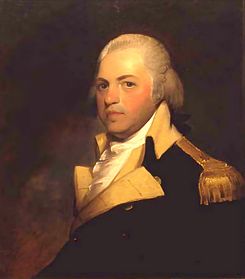
#2 He GRADUATED FROM WEST POINT
In 1825, Robert E Lee entered the United States Military Academy. He graduated without any demerits. In the early part of his career, Lee served as a military engineer with his duties varying from budgeting to building designs for buildings. He was known for his attention to detail.
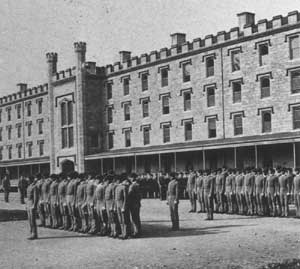
#3 He MARRIED THE GREAT GRANDDAUGHTER OF MARTHA WASHINGTON
Lee had known Mary Custis from childhood. She was the great granddaughter of Martha Washington, the first, First Lady of the United States. He started courting Mary in 1829 but her father George Washington Parke Custis didn’t consider Robert a suitable match for his daughter as Robert’s father had spent time in jail. However, Robert and Mary were able to change his mind and they married with his approval on June 30, 1831. The couple went on to have seven children.
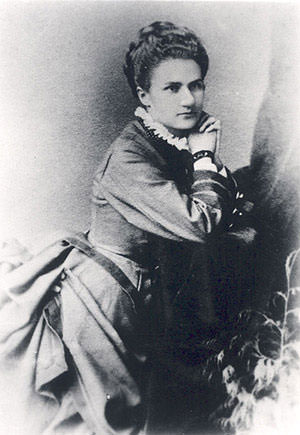
#4 HIS TACTICAL PLANNING CONTRIBUTED IN AMERICA WINNING THE MEXICAN WAR
During the Mexican-American War (1846-1848), Lee was put under General Winfield Scott. He learned from General Scott’s ability to outthink the enemy, plan precisely and react intelligently to overcome adverse situations in battles. Lee fought with distinction at battles such as Vera Cruz (March 1847), Cerro Gordo (April 1847), and Chapultepec (September 1847). He was also involved in tactical planning and found routes to attack the Mexicans which they didn’t defend as they thought the terrain was impassable.

#5 ROBERT E LEE WAS AGAINST THE CIVIL WAR
Lee foresaw a long and difficult war and wanted peaceful resolution of the differences between North and South. He also didn’t want Virginia to secede (withdraw formally) from the Union so that his various loyalties—to country, army, state, and family—could remain intact. He also considered secession a betrayal of the efforts of the founders.
#6 HE STRUGGLED TO DECIDE HIS LOYALTIES IN THE CIVIL WAR
In March 1861, Lee was promoted to full colonel by US President Abraham Lincoln. However a few weeks later Virginia seceded and Lee was offered command of the Union forces as major general. He declined the offer as it would require him to invade the South. Mary Lee later called the moment of choosing between the Union and Virginia as “the severest struggle” of her husband’s life. Lee prayed for two days after which he resigned from the US army and accepted command of Virginia’s forces.
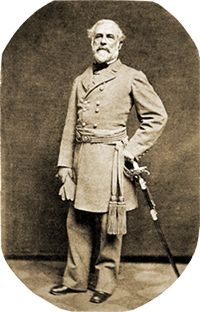
#7 HIS CAMPAIGN IN THE CIVIL WAR STARTED WITH A DEFEAT
The first field assignment of Lee in the Civil War was commanding Confederate forces in western Virginia. Here he was defeated by Union Gen. William S. Rosecrans in the Battle of Cheat Mountain in September 1861 and was relieved by Jefferson Davis. He was widely criticized by the press, which blamed him for the Confederate losses.
#8 He was NICKNAMED ‘MARSE ROBERT’ AFTER THE 7 DAYS’ BATTLES
In June 1862, Lee was ordered by Davis to temporarily replace the wounded Gen. Joseph E. Johnston and take command of the army of Northern Virginia. Initially his men called him ‘Granny Lee‘ due to his allegedly timid style of command. Lee’s immediate task was to fight Union Gen. George B. McClellan whose army was threatening the Confederate Capital Richmond. Lee used aggressive tactics and bold field maneuvers while confronting McClellan in the Seven Days’ Battles. Although, Lee only won one of the contests and his aggressive assaults resulted in heavy Confederate casualties, he was able to scare McClellan, who retreated to James River and abandoned the campaign. Lee’s men started calling him ‘Marse Robert‘, a term of respect and affection; and he was widely praised in the press.
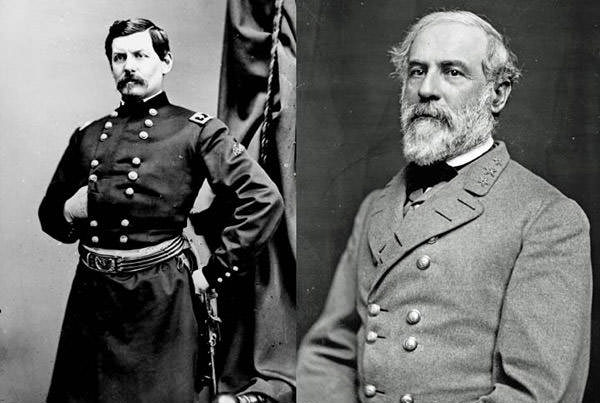
#9 He SURRENDERED TO GENERAL ULYSSES S. GRANT
Lee went on to win numerous battles against far superior Union armies, which included Second Battle of Bull Run and the Battle of Chancellorsville. Soldiers, as well as civilians, looked to him for leadership and inspiration, more so than the troubled Davis government. However, the Union’s access to better weaponry and technology; and Union General Ulysses S. Grant’s superior campaigns; led to multiple Confederate defeats. Lee surrendered to Grant on April 9, 1865. Ironically, he had fought alongside Grant in the American-Mexican War. Despite his defeats, Lee was revered in postwar South.
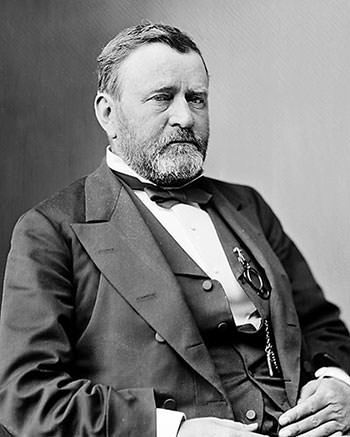
#10 HE WAS BURIED WITHOUT HIS SHOES
After the war, Lee was not arrested but he lost his right to vote. He accepted an offer to become the president of Washington College in 1865 and remained so till his death. Lee suffered a stroke on September 28, 1870 and died 2 weeks later due to the effects of pneumonia. Due to heavy rains, the only undamaged coffin that could be found for him was a little short and hence he was buried without his shoes. Robert E. Lee remains one of the most revered American generals and has been commemorated on U.S. postage stamps at least five times.

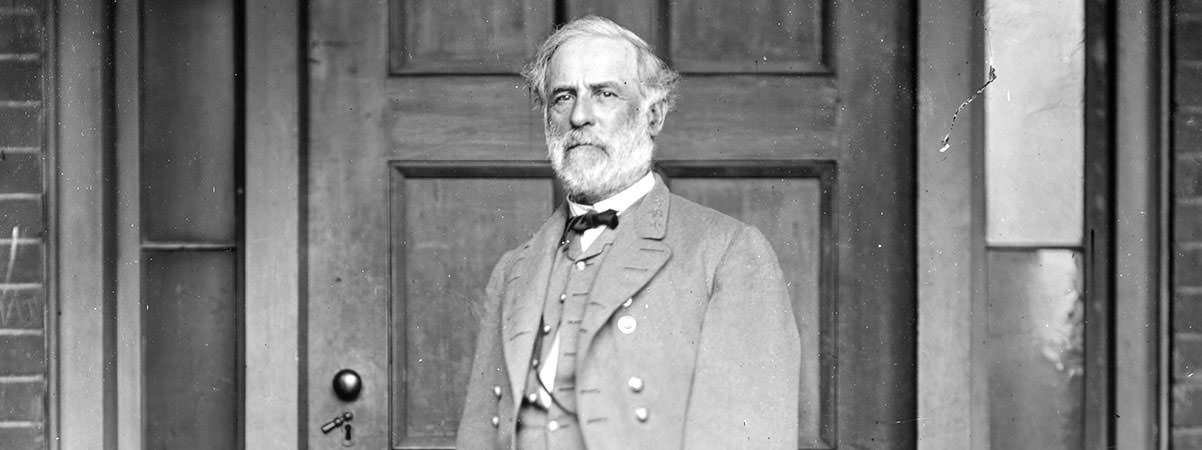
My beloved cousin Cindy was married to Richard Mims Lee, He was a doctor in Ashland Va. his father was from Lee’s brother. Their children were Anne Bradford Lee, a champion equestrian. Won many titles on her pony Maxwell Smart. Staunton Lee, an outdoorsman. Richard Lee an accountant. Andrew Lee ?